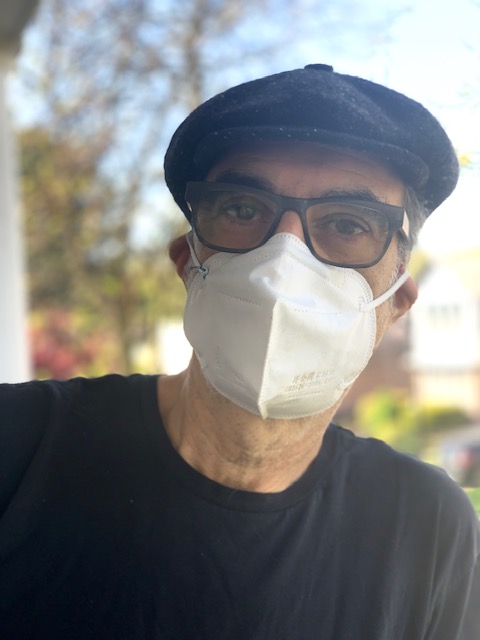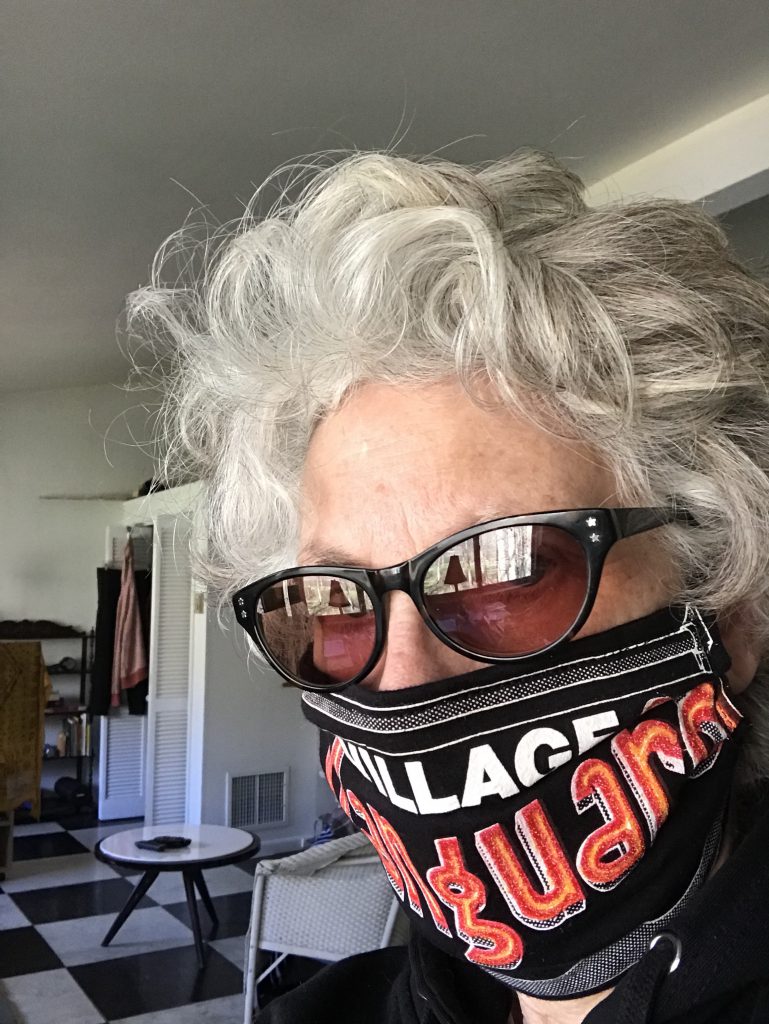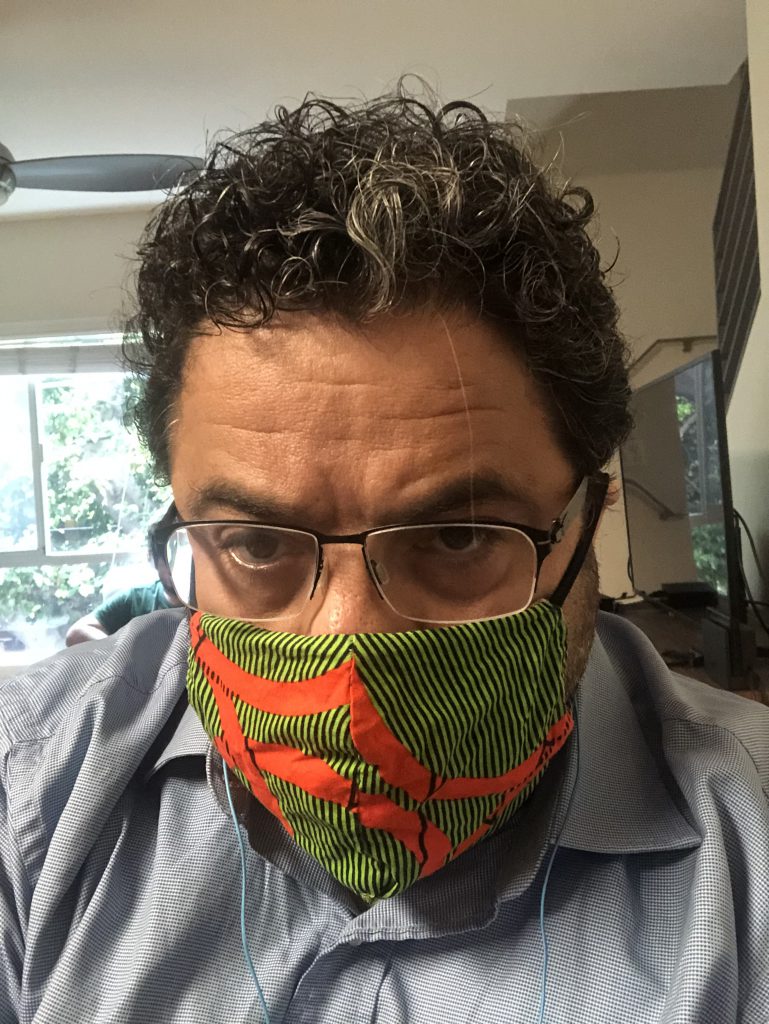 If you see saxophonist Roy Nathanson on the Q train, head down and pen out, he’s writing a poem. (His second book is due for publication soon).
If you see saxophonist Roy Nathanson on the Q train, head down and pen out, he’s writing a poem. (His second book is due for publication soon).
He hasn’t been riding the subway lately, and we know why.
Had you heard Nathanson—head up, saxophone pointed skyward—at Joe’s Pub, in Manhattan, last week, toying with Bach and digging into new tunes, he’d have been celebrating the release of “Heart” with his bandmates in the collective Endangered Quartet, his latest context for music-making.
That gig got canceled along with, well, everything else.
Endangered Quartet extends both long-running and more recent relationships for Nathanson: with trombonist and singer Curtis Fowlkes, who co-founded the Jazz Passengers with him in 1987; with Tim Kiah, whose bass playing and vocals were key elements in Nathanson’s inventive Sotto Voce quintet; and with Jesse Mills, a violinist whose training and experience is primarily classical, but whose innate senses of swing and of humor make him an easy fit into Nathanson’s genre-free, accessible-yet-challenging musical sphere. (It helps that Mills can sing, too.)
According to Dan Kaufman’s liner note to the new album, the group came together through an informal get-together two years ago in Nathanson’s Brooklyn living room—“around the idea of letting the instruments have a certain intimacy together, one that allowed for the compositions to breathe,” Nathanson said.
That sort of closeness may not be possible in these shelter-at-home times. Yet Nathanson has found ways to create musical intimacy while maintaining social distance, sometimes from his second-floor porch. And Endangered Quartet’s new songs and reworkings of existing music—especially Nathanson’s lyrics to Kiah’s lovely “Endangered Hearts”—have lately taken on new meaning.
The group turned their record release party into a Facebook Livesession, with some guest commentary from Elvis Costello. “If music ever had the ability to look into the future with hope, to even guess at the future,” he said, “then I think you can find it in these recordings.”
Nathanson and I spoke about opening hearts through music, lockdown be damned.
What was the last gig you played before it all shut down? Continue reading “COVID CONVERSATIONS, Volume 3: Roy Nathanson”


